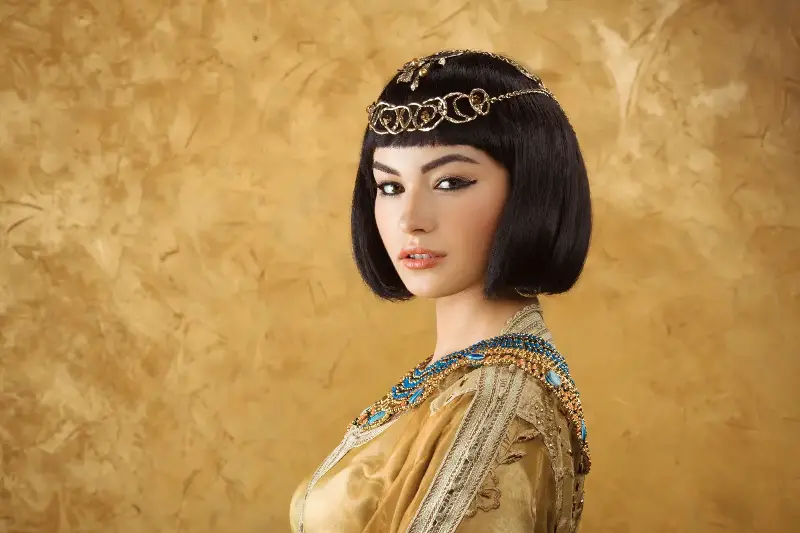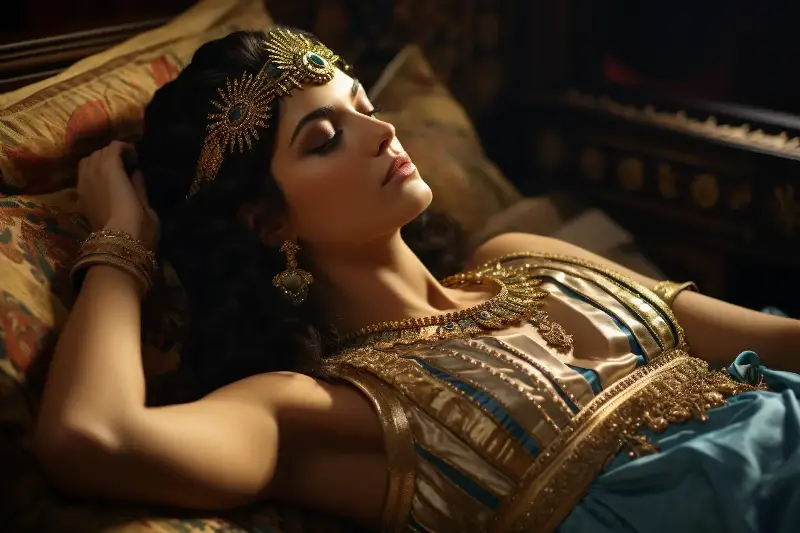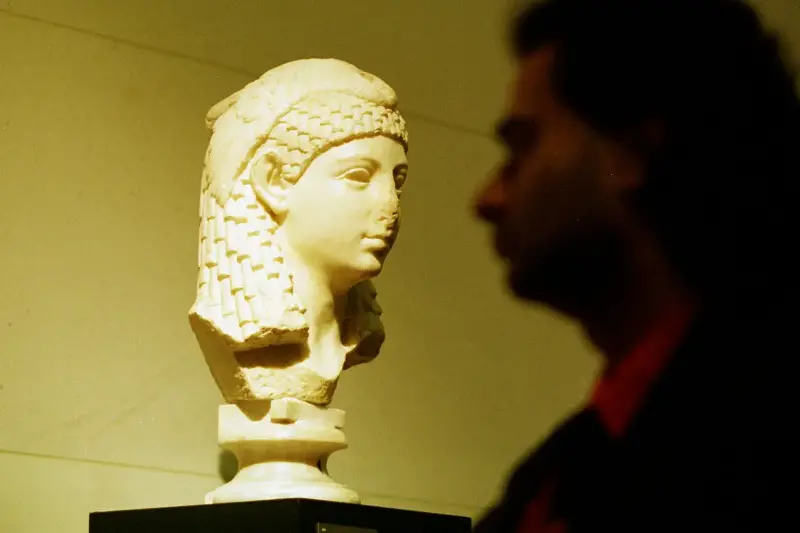The name Cleopatra conjures up images of glamour, intrigue, and dramatic romance. Immortalised in art and film, the last active ruler of the Ptolemaic dynasty of Egypt is an icon unlike any other. Yet, despite her fame, a surprising number of myths persist about Cleopatra’s origins, her life, and her legacy. If you think you know who Cleopatra really was, think again! Let’s dive into five of the most widespread misconceptions about this legendary monarch—and the fascinating facts that set the record straight.

Was Cleopatra Really Egyptian?
Most people picture Cleopatra draped in Egyptian finery, sailing the Nile, the ultimate Egyptian queen. In reality, however, Cleopatra VII was not ethnically Egyptian. She was born into the Ptolemaic dynasty, a line of rulers of Macedonian Greek origin established after Alexander the Great’s conquests. The Ptolemies famously kept their bloodline ‘pure’ by marrying within the family, and Cleopatra was no exception—her primary ancestry was Greek.
What sets Cleopatra apart is that she was the first Ptolemaic ruler to actively embrace the Egyptian language, religion, and customs. Unlike her predecessors, who ruled as outsiders, Cleopatra presented herself as the reincarnation of the goddess Isis and made efforts to connect deeply with her subjects. Her identity as an Egyptian monarch was therefore more political and cultural, rather than ethnic.
The Myth of Cleopatra’s Beauty
Hollywood and Renaissance painters have reinforced the idea that Cleopatra was alluringly beautiful, using seduction as her ultimate weapon. Ancient commentators such as Plutarch and Cassius Dio, however, suggest something different: her intellect and charisma were far more captivating than her physical appearance. Coins struck during her reign show a ruler with distinctive features—strong, formidable, not necessarily conforming to contemporary ideals of beauty.
Cleopatra was fluent in several languages, well-versed in politics, mathematics, and philosophy. She was a skilled diplomat and negotiator, attributes that won the respect of powerful men like Julius Caesar and Mark Antony. Her real allure was her mind—her ability to charm, persuade, and lead.

Cleopatra and the Fatal Asp
Few images are as dramatic as Cleopatra, draped in mourning, allowing a venomous asp to end her life. The story is unforgettable, but is it true? The precise cause of her death remains a mystery, shrouded in speculation. Ancient sources, written decades later, recount the snakebite tale as poetic justice, but some modern historians propose more likely alternatives, such as poisoning with a concoction of lethal herbs.
What we do know is that Cleopatra took her own life in 30 BCE, following the defeat of Egypt by Rome and the suicide of Mark Antony. Her decision was a final assertion of agency—a refusal to be paraded through Rome as a captive.
Cleopatra the Wild Temptress?
History has too often cast Cleopatra as a manipulative temptress, defined by her relationships with Julius Caesar and Mark Antony. While her romances are legendary, this narrow view diminishes her achievements as a ruler in her own right. Cleopatra stabilised Egypt’s economy, secured its borders, forged powerful alliances, and oversaw ambitious building projects.
She ruled for over two decades, a feat in a male-dominated world where few women held such power. Even her love affairs were steeped in statecraft—her union with Caesar assured Egypt's security, while her alliance with Antony provided military strength against Rome’s growing dominance.

Cleopatra’s Legacy: Rome’s Villain or Egypt’s Heroine?
Propaganda after Cleopatra’s death painted her as decadent and dangerous—a foreign ‘witch-queen’ who seduced Rome’s greatest heroes. This image served to legitimise Augustus’ claim to power over Egypt. Yet in Egyptian history, Cleopatra is remembered quite differently—as a learned, courageous ruler who fought tirelessly for her kingdom’s independence.
To this day, Cleopatra’s life inspires artists, writers, and filmmakers across cultures. Her story bridges East and West, myth and reality, reminding us that history is not always what it seems. So next time you picture Cleopatra, think beyond the myths—she was not just Egypt’s last queen, but a truly global icon.
